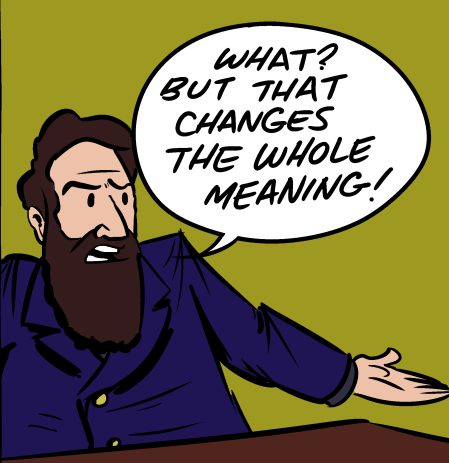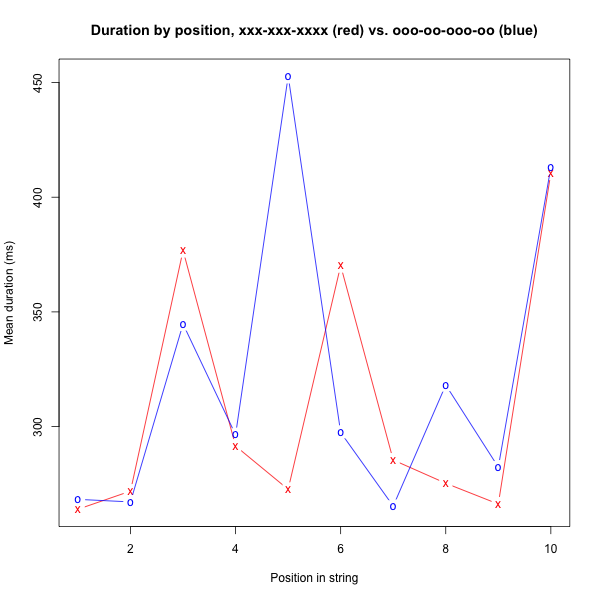In the midst of our ongoing debates about whether Cantonese, Shanghainese, Taiwanese, and so forth are Sinitic languages or dialects, I continually find evidence that the custom of referring to them only as "dialects" is exceptional when compared with linguistic usage elsewhere (e.g., India, Europe, Africa).
Today I came across an Iranian language that I'd never heard of before, Zazaki, although — without knowing it — I probably met some of its speakers in Sweden, where there are many Zazak refugees. Also called Zaza, Kirmanjki, Kirdki, Dimli, and Dimili, Zazaki is found primarily in eastern Anatolia. It belongs to the northwestern branch of the Iranian group of the Indo-European family.
Read the rest of this entry »




